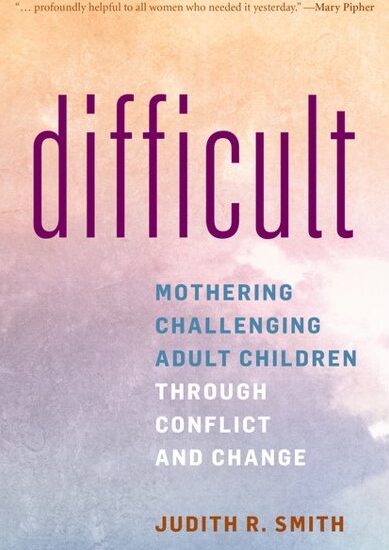—by senior fellow Jim Stubenrauch
 I don’t know about you, but I find there’s nothing like a paralyzed congress, a government shutdown, and the threat of national debt default to make me want to turn off the TV and get back to basics: sitting, breathing, listening. Maybe even chanting a little. Listening to poetry read aloud and playing music with friends. And that’s what I’ll be doing this weekend at the Power of Words Conference, held annually by the Transformative Language Arts Network at Pendle Hill, a Quaker retreat center in Wallingford, PA, a stone’s throw or two west of Swarthmore College. (Find out more about the emerging field of Transformative Language Arts here.)
I don’t know about you, but I find there’s nothing like a paralyzed congress, a government shutdown, and the threat of national debt default to make me want to turn off the TV and get back to basics: sitting, breathing, listening. Maybe even chanting a little. Listening to poetry read aloud and playing music with friends. And that’s what I’ll be doing this weekend at the Power of Words Conference, held annually by the Transformative Language Arts Network at Pendle Hill, a Quaker retreat center in Wallingford, PA, a stone’s throw or two west of Swarthmore College. (Find out more about the emerging field of Transformative Language Arts here.)
I’m going to be leading a workshop there and so will CHMP poet-in-residence Joy Jacobson. Joy’s is entitled “Self-Elegy: A Reading and Writing Workshop.” I’m calling mine “Om Drone Jam: A Tuning Meditation with Vocal, Instrumental, and Text-Based Improvisation.” All of the other workshops and performances look promising. But you may be wondering how all this connects with the work we’re doing at Hunter and through the CHMP. According to the group’s Web site, “The Transformative Language Arts (TLA) Network supports individuals and organizations that promote forms of the spoken, written, and sung word as a tool for personal and communal transformation.” These goals certainly align with what we hope students will gain from writing reflective narratives.
Joy and I begin our writing classes and workshops with breathing and relaxation exercises to help students get into the zone for writing and responding to creative prompts, and we’re always interested in trying new ways to help our writers find their flow. We often have students read poetry aloud and then write “under the influence” of the poem. We’ve brought music into the writing room and even had students do some vocalizing of their own, following a method developed by composer Pauline Oliveros. She calls it the “Tuning Meditation.” Doing this exercise with students and hearing what they wrote afterward was one of the experiences that got me thinking about the workshop I’m going to present.
I’ll let you know how it goes.









Patricia Dodson / October 14, 2013
Thanks, Jim, for this helpful posting. I am interested in learning more about TLA. I find it so interesting that in our technological society where we are constantly “connecting” we continue to undervalue our connections to self which require thought and quiet. I look forward to hearing about your workshop experience.
/
Jim Stubenrauch / October 19, 2013
Thanks for your comment, Pat. You would have enjoyed the weekend at Pendle Hill, I’m sure. I’m still processing all of the amazing workshops and performances and conversations the conference offered–all of the food for body and soul–which, as you say, requires thought and quiet. And singing, as it turns out.
How’s the writing program treating you?
/